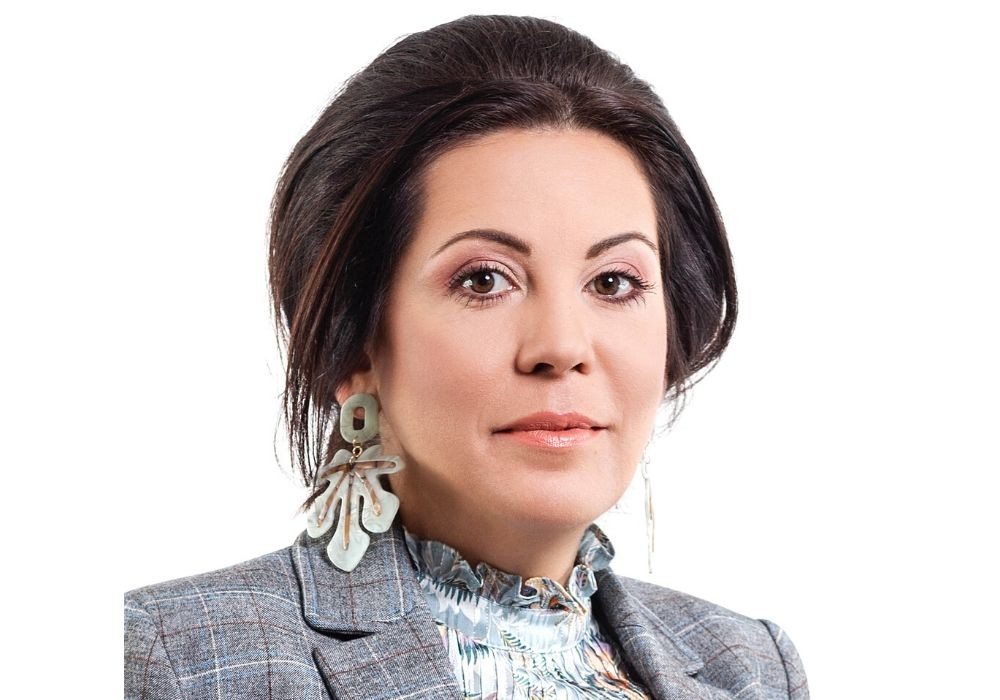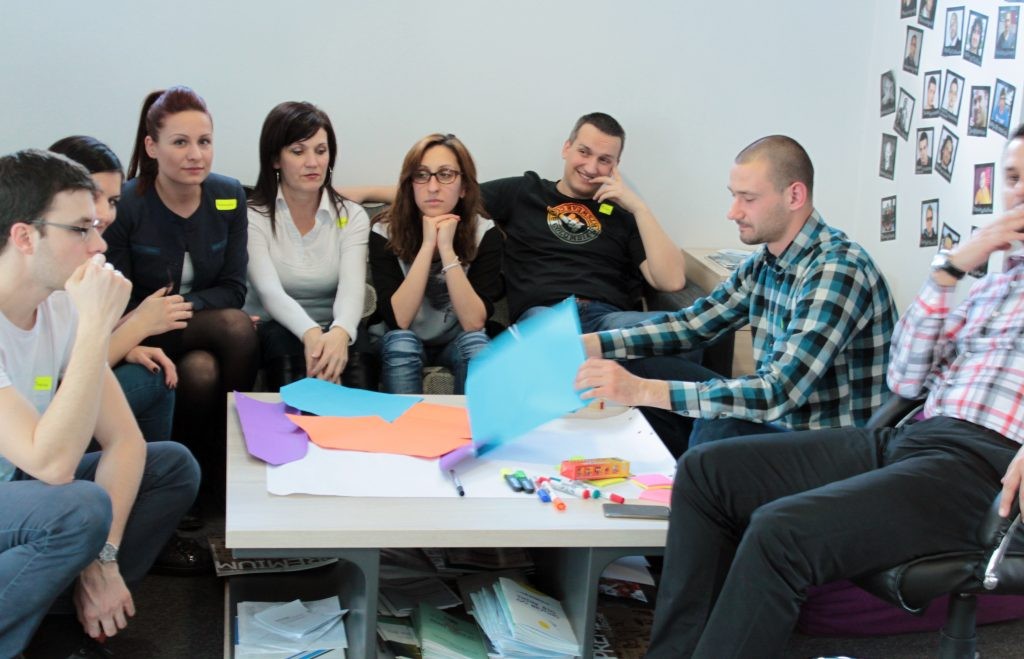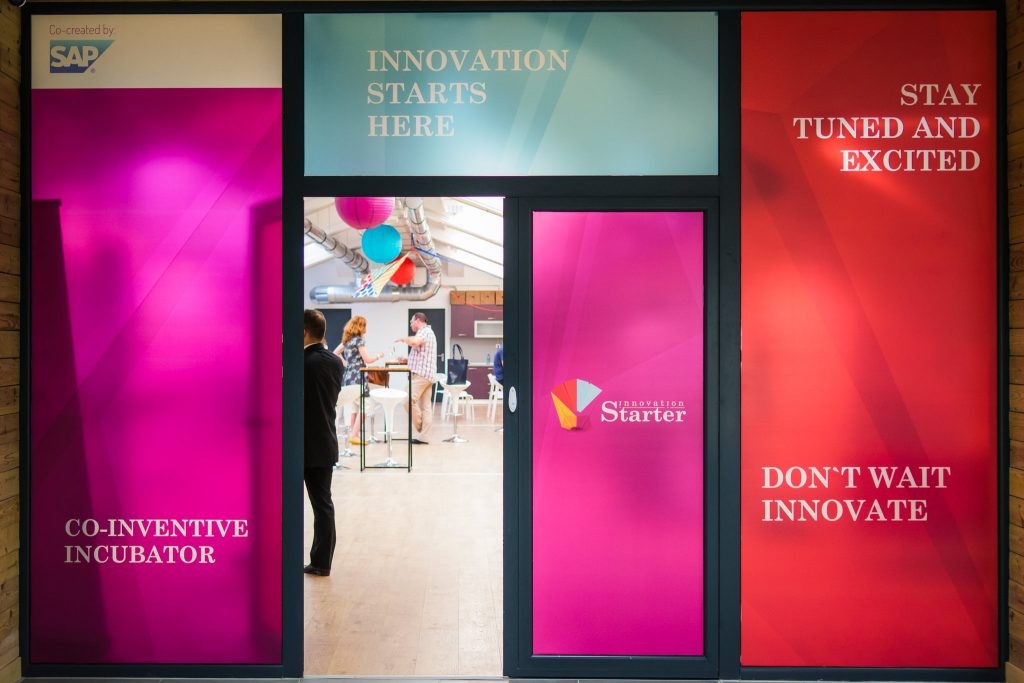Start-up capital is one of the first challenges every entrepreneur who decides to fulfill his idea of a new product or business faces. In order to receive assistance from the increasingly popular start up accelerator programmes, entrepreneurs have to present not only their own idea of a product, but also prove its profitability and the possibility of a quick return after the release of the product on the market. This is the main factor which determines whether the project will be financed, says Leona Aslanova who represents a fund which focuses on companies inventing products that improve people’s lives and ensure healthy lifestyle.
“Start-up accelerators are the smallest companies providing between EUR 10,000 to EUR 60,000 to start-up companies, to those who are yet to register as commercial companies or companies who have been active from 1 to 3 years”, Leona Aslanova explains.

“Our accelerator programme emerged amidst the crisis, because we realized that the small and medium-sized businesses in Bulgaria will be very seriously affected. We wanted to help this business think about innovations and change its business model or ideas, in order to adapt and survive in times of uncertainty. Now we are already moving to a traditional accelerator programme whose ambition is to become the biggest in Bulgaria and to finance between 15 and 20 start-up companies in this country for at least 15 consecutive years, in order to “load” the Bulgarian market with innovations”.
Competition between the ideas that are fighting for funding is severe and the criteria are strict.

“Candidates go through a series of trainings and receive multiple tasks. Some of them cannot keep up. It is a matter of natural selection. We accept 20 companies in the spring and 20 in the autumn and only five of them receive funding. It is very important that a strong team stands behind the project and the company has a properly built business model.”
There are some priority sectors where projects run bigger chance of receiving financing.
“The sectors in Bulgaria where innovations can be made are important. From our point of view, these are sectors where know how has been built for years, there is sufficient workforce, the university degree of the staff is relatively good and there is a large number of related companies with supply chains. That is why we have focused our attention on the food industry. In our view, healthcare, communications and the digital sector are also wonderful sectors for innovation in Bulgaria.”

However, companies can win financial support with other type of products, as long as they improve people’s lives and make them easier. For instance, three young Bulgarians invented healthy candies containing Lactobacillus and Probiotic, as well as traditional tastes of honey, roses and yoghurt and as a result, their idea received financing from the fund. The idea about these candies was born just before the state of emergency. Soon, you are to learn more details in a special article.
Compiled by: Yoan Kolev /Based on article in BNR's Horizont Channel/
English version: Kostadin Atanasov
Photos: innovationstarterbox.bg“The main priorities businesses have – membership of the Eurozone and accession to the Schengen area by land – have receded to the background. They are the motors which can boost the economy, but the fact there is no regular government is an obstacle..
Bulgargaz has reported record interest in its tender for the supply of LNG to the Alexandroupolis terminal for January and February 2025. All nineteen bidders met the criteria set by the company and have been approved to participate in the next..
The Russian state oil company Lukoil has plans to sell its Bulgarian refinery Neftochim based in Burgas on the Black Sea Coast. It is the largest in the Balkans, writes the Financial Times . The deal is expected to be announced by the end of..

+359 2 9336 661
